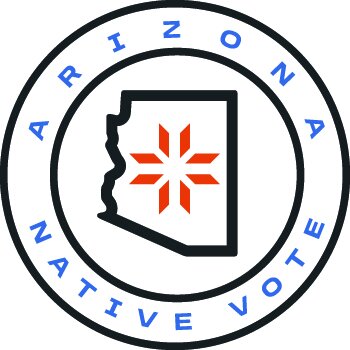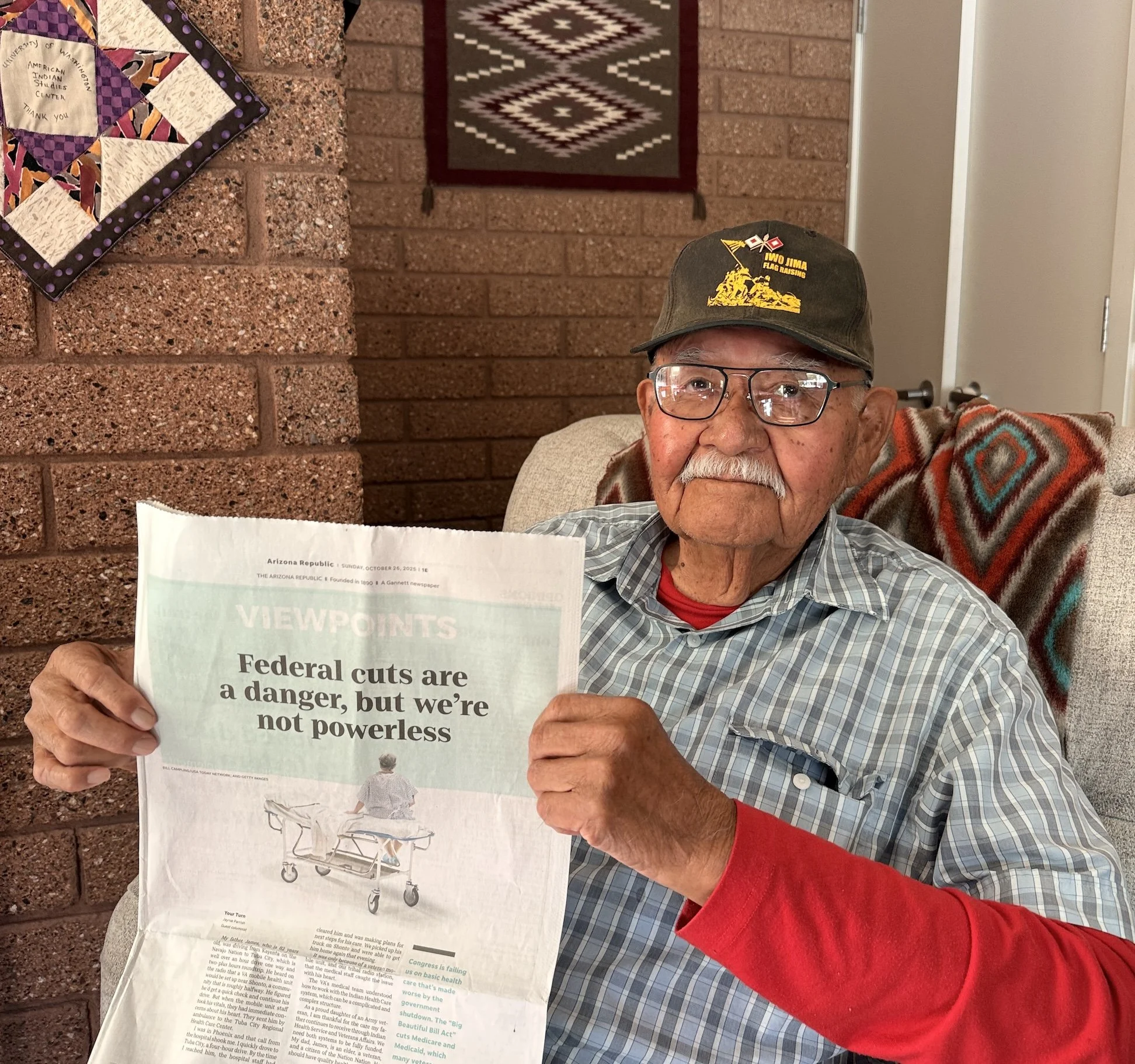A VA clinic saved my dad’s life. Here's how federal cuts are a danger, but why we're not powerless | Opinion
A VA clinic saved my dad’s life. Here's how federal cuts are a danger, but why we're not powerless | Opinion
Jaynie Parrish Special for The Arizona Republic Oct. 23, 2025 (Online) / Print Sunday Edition Oct. 29, 2025
My father James, who is 82 years old, was driving from Kayenta on the Navajo Nation to Tuba City, which is well over an hour drive one way and two-plus hours roundtrip. He heard on the radio that a VA mobile health unit would be set up near Shonto, a community that is roughly halfway. He figured he’d get a quick check and continue his drive. But when the mobile unit staff took his vitals, they had immediate concerns about his heart. They sent him by ambulance to the Tuba City Regional Health Care Center.
I was in Phoenix and that call from the hospital shook me. I quickly drove to Tuba City, a four-hour drive. By the time I reached him, the hospital staff had cleared him and was making plans for next steps for his care. We picked up his truck on Shonto and were able to get him home again that evening.
It was only because of a veteran mobile unit, and our tribal radio station, that the medical staff caught the issue with his heart. The VA’s medical team understood how to work with the Indian Health Care system which can be a complicated and complex structure.
As a proud daughter of an Army veteran, I am thankful for the care my father continues to receive through Indian Health Service and Veterans Affairs. We need both systems to be fully funded. My dad James is an elder, a veteran, and a citizen of the Nation Nation. He should have quality health care.
Basic services are a problem right now. Both the IHS and the VA systems are at risk due to policy changes and staffing cuts, according to more than 300 VA clinicians who signed a letter recently sent to the Secretary of Veterans Affairs, according to NPR.
Congress is failing us on basic health care that’s made worse by the government shutdown. The ‘Big Beautiful Bill Act’ cuts Medicare and Medicaid, which many veterans rely on to cover health care gaps. This hits our most vulnerable community members. In Arizona, there are approximately 430,000 veterans, almost 8% of adults, and they tend to have more health care needs. Native people make up about 6 to 7% of Arizona’s population, and they serve in the military at higher percentages.
We must resist cuts to our health care programs. The funding streams, and the people who deliver the services, are critical to our VA and IHS facilities.
This is just the beginning. The coming cuts (and increased requirements) for Medicaid are expected to total more than $1 billion a year. Many veterans rely on Medicaid to help cover their costs and their family’s care when they don’t qualify or can’t access all the VA’s programs. In 2023, 1.5 million veterans over 19 years old were enrolled in Medicaid – 42,000 were Arizonans.
My dad’s journey got me thinking about how rural Arizonans receive health care. And the risks we face when smaller hospitals lose key funding sources. Our family must coordinate every appointment for our father when he can't take himself. It’s hours of driving and crisscrossing through the Navajo Nation and the state to get the care he needs. We are privileged to have transportation, money for fuel, and cell service. Many do not.
I remember Dad saying one time that as a veteran it was nice to get applause, handshakes, and thank yous, but he wished people would also vote. At a recent community basketball game my dad told me: “If all of these people would just vote, that would mean a lot and go a lot further than just standing up and clapping for us.”
We are not powerless. We don’t have to wait until the November 2026 midterm elections. There are elections for local issues on the ballot now for this November, and we can write letters, make calls, send emails, and visit our elected officials all year long. We can let them know how important health care is to our veterans and families. We can vote for bold leaders who will prioritize funding and policies that will help build strong, resilient communities where everyone can thrive.
Jaynie Parrish, Navajo Nation, is founder and director of Arizona Native Vote, a nonprofit helping to boost Native American civic participation.


